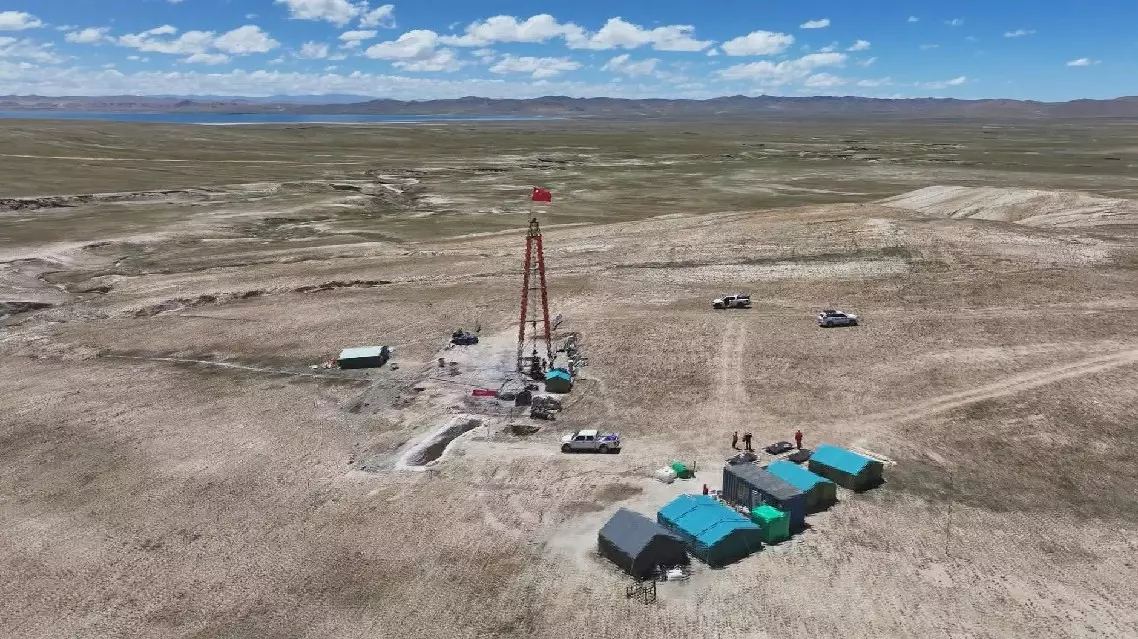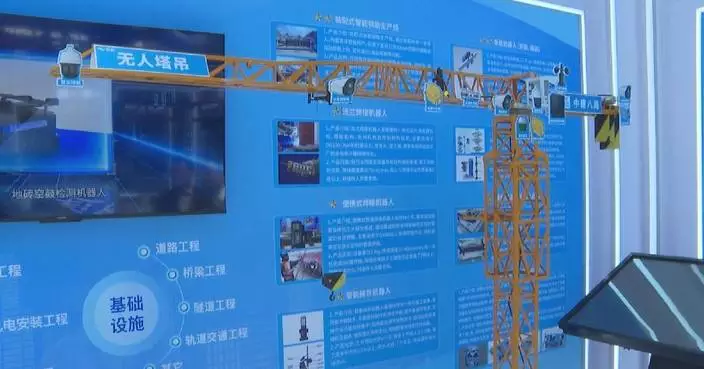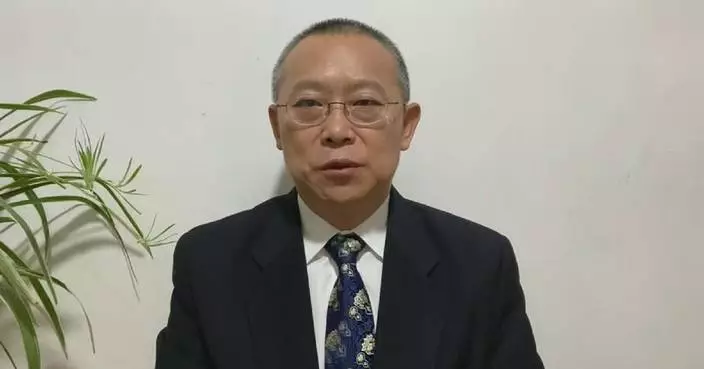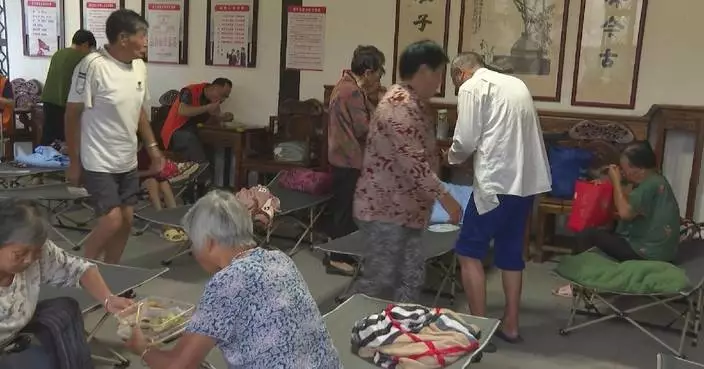Ruth Wangui, a Kenyan lecturer working at Tianjin Normal University in north China, has played an active role in fostering better relations and mutual understanding between African and Chinese people, helping to break down cultural barriers.
Ruth's connection with China began in 2005 when she joined the Confucius Institute in Kenya's capital Nairobi. She later benefited from a cultural program launched by the educational institute and Tianjin Normal University in China.
Since graduation with a doctorate degree from Tianjin Normal University, Ruth has been working as a lecturer at the university's China-Africa Language and Cultural Exchange Center.
"I was the first Kenyan to represent Kenya in the Chinese Bridge competition in 2006. So, that was my starting point of coming to China. I had a one-year scholarship to study the language here. Then in 2007, I was lucky enough to get another scholarship to do my bachelor's degree," Ruth recalled.
Alongside her Chinese language studies, Ruth developed a keen interest in the country's culture.
"We were not only taught the language but we were also introduced to the cultural part of it. So, I started from the classroom and went on to do community learning as well. I participated in numerous competitions around the country," she said.
As an outstanding international student excelling in this area, Ruth was even invited to perform twice at the Spring Festival Gala, which is enjoyed by almost every Chinese household and one of the biggest galas in the world.
Regarding Tianjin Normal University, Ruth credits it with playing a key role in breaking cultural barriers between China and Africa. Now, she is also one of those actively involved in promoting Chinese-African cultural exchanges.
"Tianjin Normal University, for one, has been at the center point of China-Africa exchanges, owing to the Confucius Institute. So, it has been at the front of people-to-people exchanges," said the lecturer from Kenya.
In 2005, Tianjin Normal University partnered with the University of Nairobi to establish the first Confucius Institute in Africa. Since then, they have launched a series of combined Chinese teaching programs to cultivate talent.
"We have collaborated with the University of Nairobi to establish Chinese teaching majors, including 1+1 Masters and 2+2 Bachelors programs, working together on undergraduate, masters and doctoral training. Ruth is a typical representative of these efforts," said Gong Jinlong, president of Tianjin Normal University.
Ruth's experience also has a positive impact on other African students.
"I saw her participating in some of Chinese competitions, and she inspired me very much," said Ike Kitili, an African PhD student in public policy and governance at Tianjin Normal University.

Kenyan woman promotes China-Africa cultural exchanges









